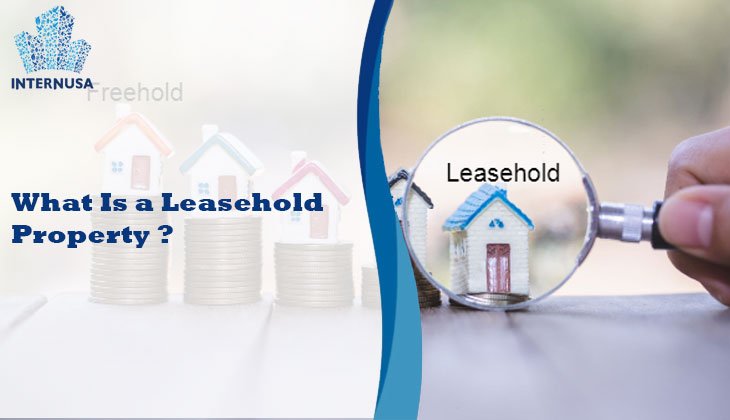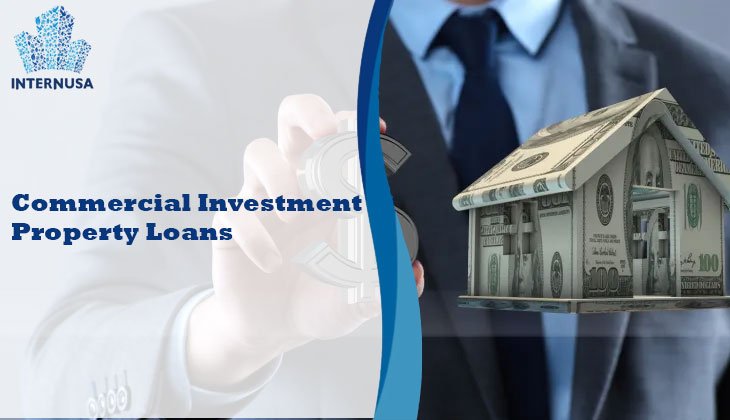What Is a Leasehold Property ? Understanding the Basics
In the real estate world, terms like freehold and leasehold can be confusing, especially for first-time buyers or investors. Leasehold property is a common ownership structure in many countries, particularly in the UK, parts of Asia, and some urban developments worldwide. Understanding how leasehold works is crucial because it affects your rights, responsibilities, and the property’s long-term value.
This guide breaks down what a leasehold property is, how it differs from freehold, the advantages and disadvantages, and key points to consider before buying or investing.
What Is a Leasehold Property?
A leasehold property is a type of real estate ownership where you purchase the right to occupy and use the property for a fixed period, as specified in a lease agreement. However, you do not own the land the property sits on—the land is owned by a separate entity, known as the freeholder or landlord.
The lease is a legal document outlining:
Duration of ownership (commonly 30, 60, 99, or 125 years)
Ground rent payable to the freeholder
Service charges for property maintenance
Rules and restrictions (e.g., renovations, subletting)
When the lease period expires, ownership reverts to the freeholder unless the lease is extended.
How Leasehold Differs from Freehold
To understand leasehold, it’s important to compare it to freehold:
Freehold: You own both the property and the land it stands on indefinitely.
Leasehold: You own the property for a fixed term, but not the land beneath it.
This difference means freehold property typically offers greater control and long-term value, while leasehold requires ongoing payments and comes with certain restrictions.
Common Types of Leasehold Properties
Leasehold arrangements are more common in certain types of real estate, including:
Apartments and Condominiums – In many urban areas, individual units are sold on a leasehold basis while the building and land are owned by a freeholder.
Commercial Properties – Office spaces, retail shops, and industrial units are often leased for business use.
Houses in Leasehold Estates – In some regions, even standalone houses are sold on leasehold terms.
Key Terms in a Leasehold Agreement
When reviewing a leasehold contract, pay close attention to these essential terms:
Lease Length – The remaining years are crucial for property value.
Ground Rent – Annual payment to the freeholder.
Service Charges – Fees for maintenance of common areas.
Restrictions – Limitations on alterations, pets, or business use.
Lease Extension Options – Your rights and costs to extend the lease.
Pros of Leasehold Properties
Leasehold properties can be appealing in certain scenarios:
Lower Purchase Price – Often cheaper than comparable freehold properties.
Prime Locations – Many city-center apartments are sold as leasehold.
Shared Maintenance – Building upkeep is handled by the freeholder or management company.
Flexibility for Short-Term Ownership – Ideal for those who don’t plan to hold the property long-term.
Cons of Leasehold Properties
However, there are also significant drawbacks:
Diminishing Value – As the lease shortens, the property’s value can drop.
Extra Costs – Ground rent, service charges, and administration fees add to ownership expenses.
Limited Control – Restrictions can limit renovations or changes.
Lease Renewal Costs – Extending the lease can be expensive.
How Lease Length Affects Value
One of the most critical factors in a leasehold property is how many years remain on the lease.
Properties with over 80 years remaining are generally easier to sell.
Below 80 years, value may drop sharply and mortgage options become limited.
Extending a lease early can be more cost-effective than waiting until it nears expiry.
Buying a Leasehold Property: What to Check
Before buying a leasehold property, always check:
Remaining lease term – Aim for at least 90 years.
Total annual charges – Ground rent and service fees can add up.
Restrictions in the lease – Ensure they align with your lifestyle or business plans.
Freeholder reputation – A cooperative freeholder makes a big difference.
Leasehold vs Freehold
| Feature | Leasehold | Freehold |
|---|---|---|
| Ownership | Building only | Building + land |
| Duration | Fixed term | Unlimited |
| Costs | Ground rent + service charges | Maintenance costs only |
| Control | Limited by lease terms | Full control |
“A Lease Is Not Forever—Know What You’re Signing”
This key point sums up the essence of leasehold ownership. You are essentially purchasing a long-term rental agreement with rights similar to ownership, but with a built-in expiration date. Always review the lease carefully and get professional legal advice.
A leasehold property can be a smart choice, especially in high-demand urban locations, but it requires careful evaluation. Understanding the terms, costs, and implications of leasehold ownership will help you make an informed decision. Whether you’re a homebuyer, investor, or business owner, knowing exactly what you’re getting into ensures that your investment is secure and aligns with your long-term goals.






